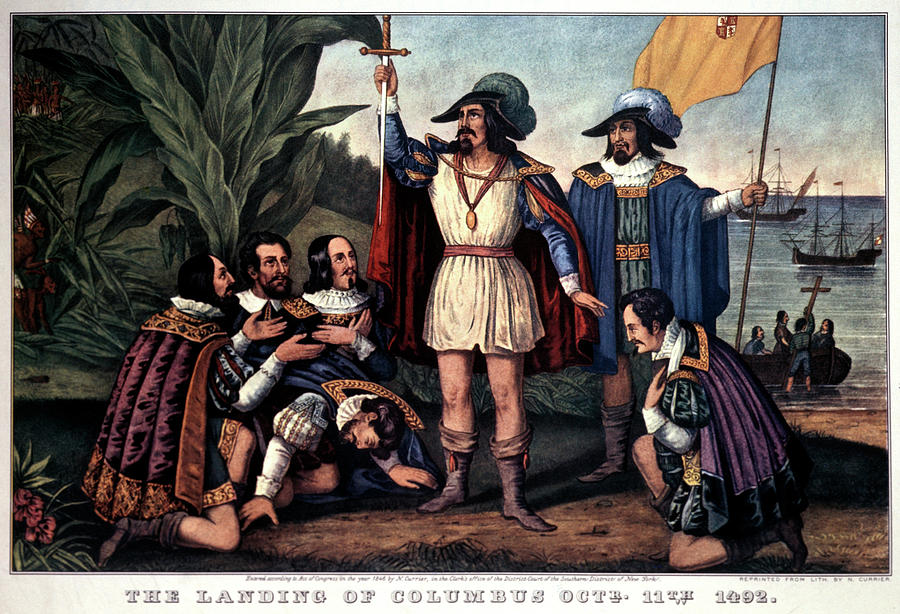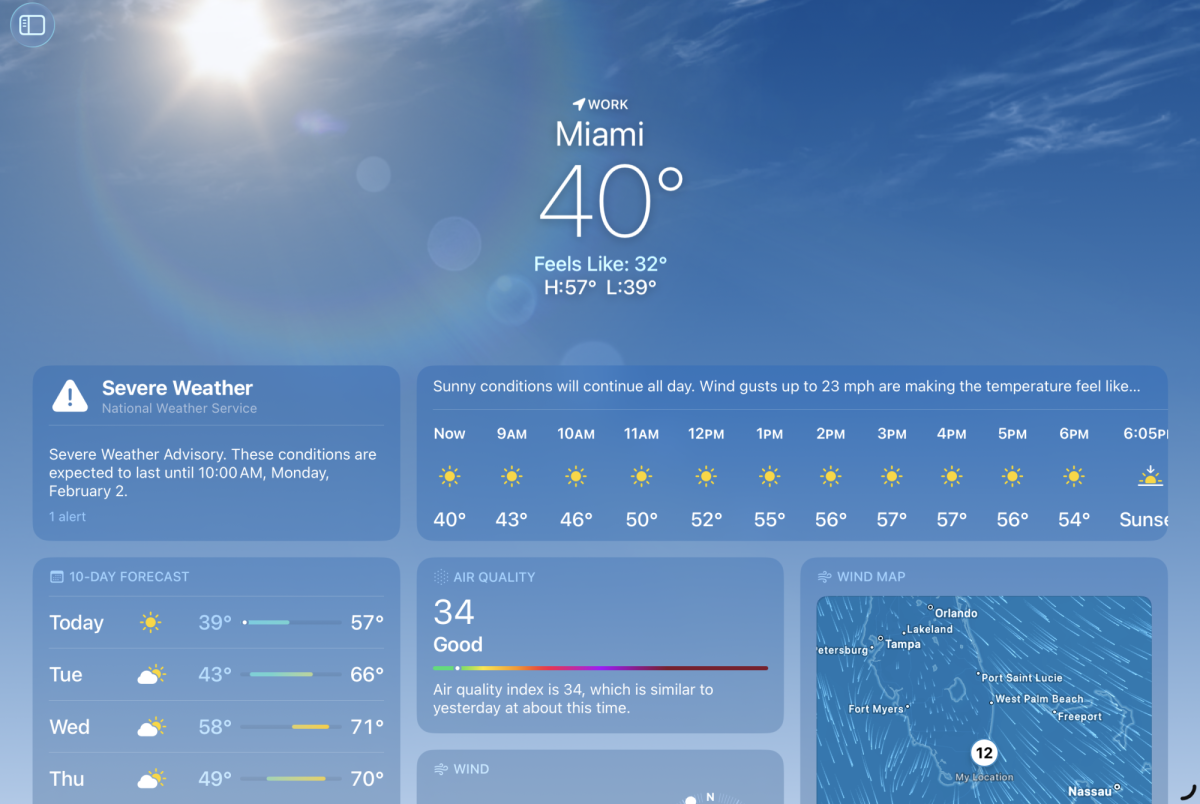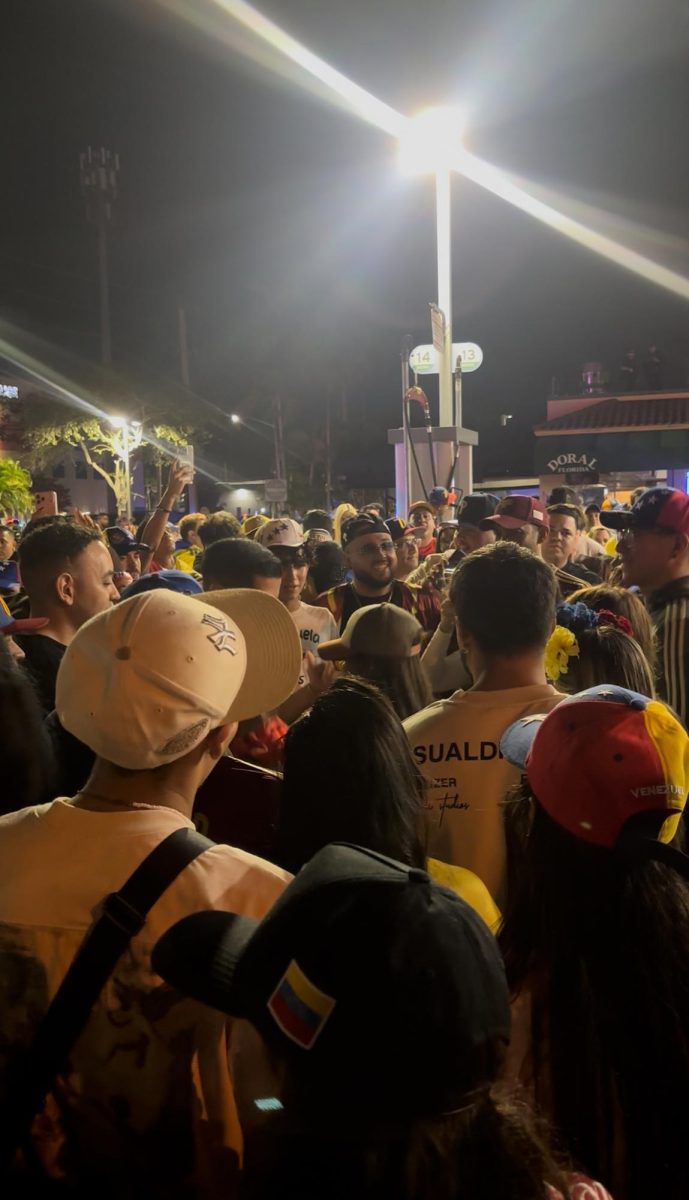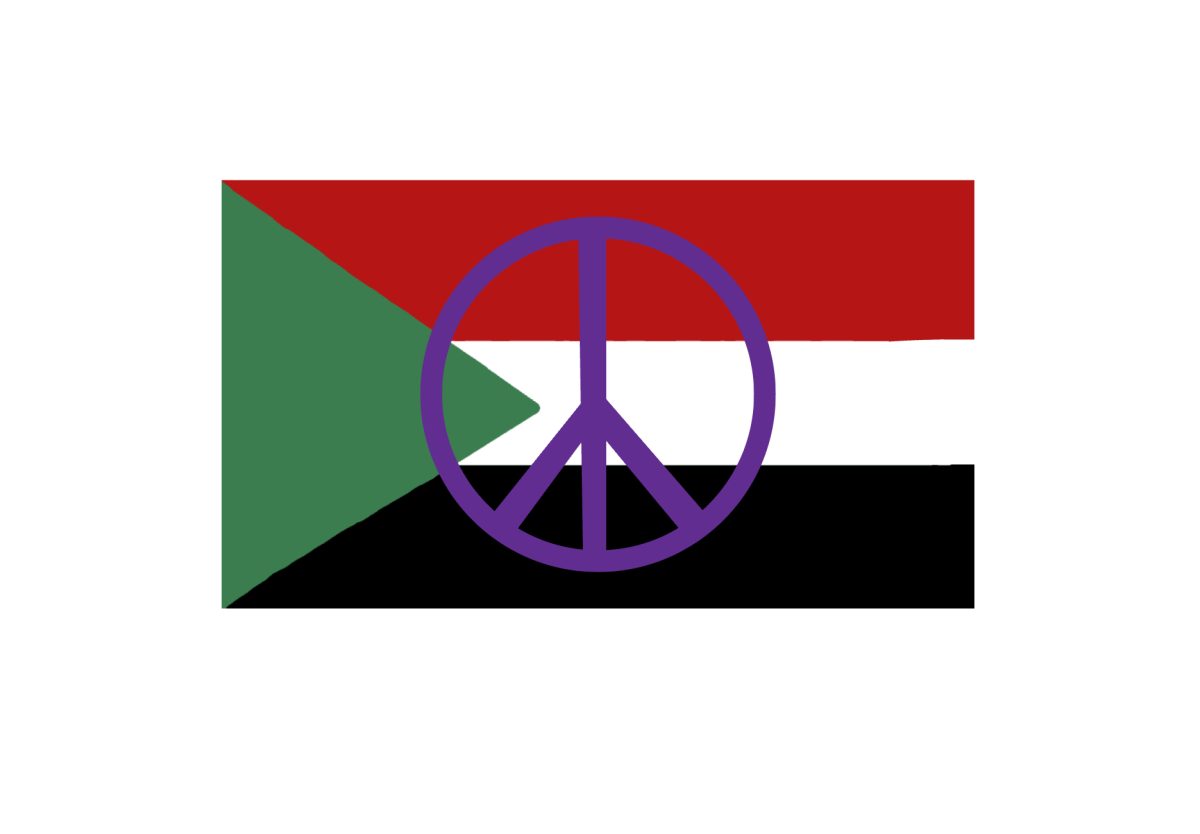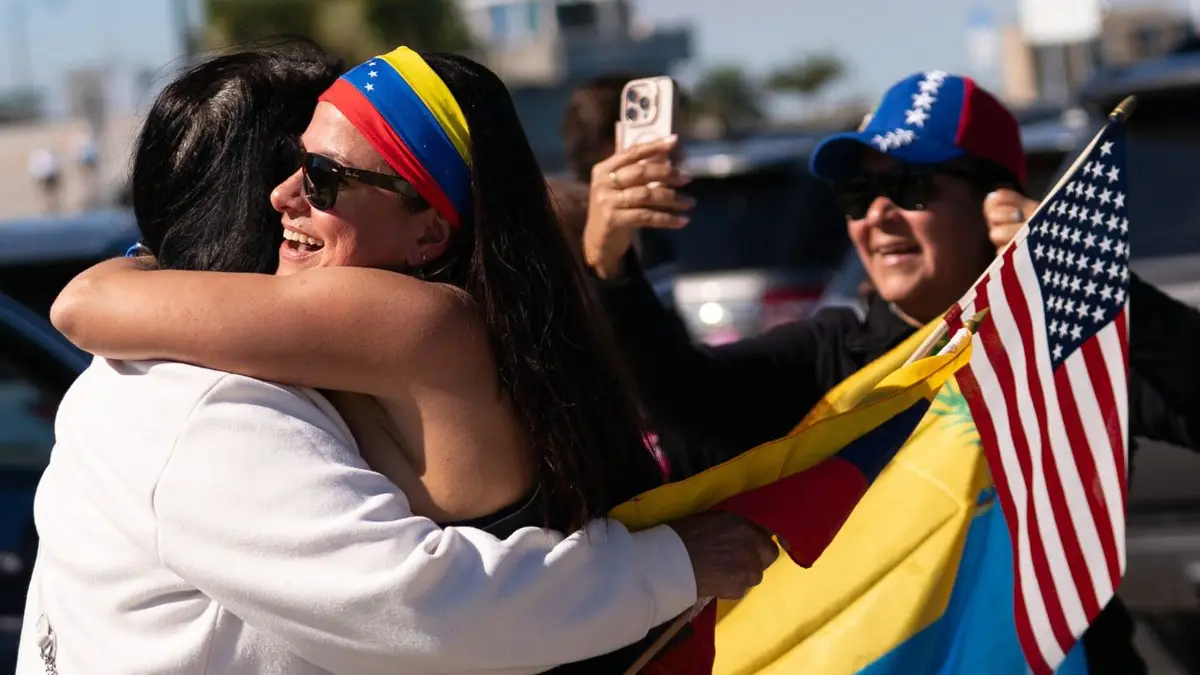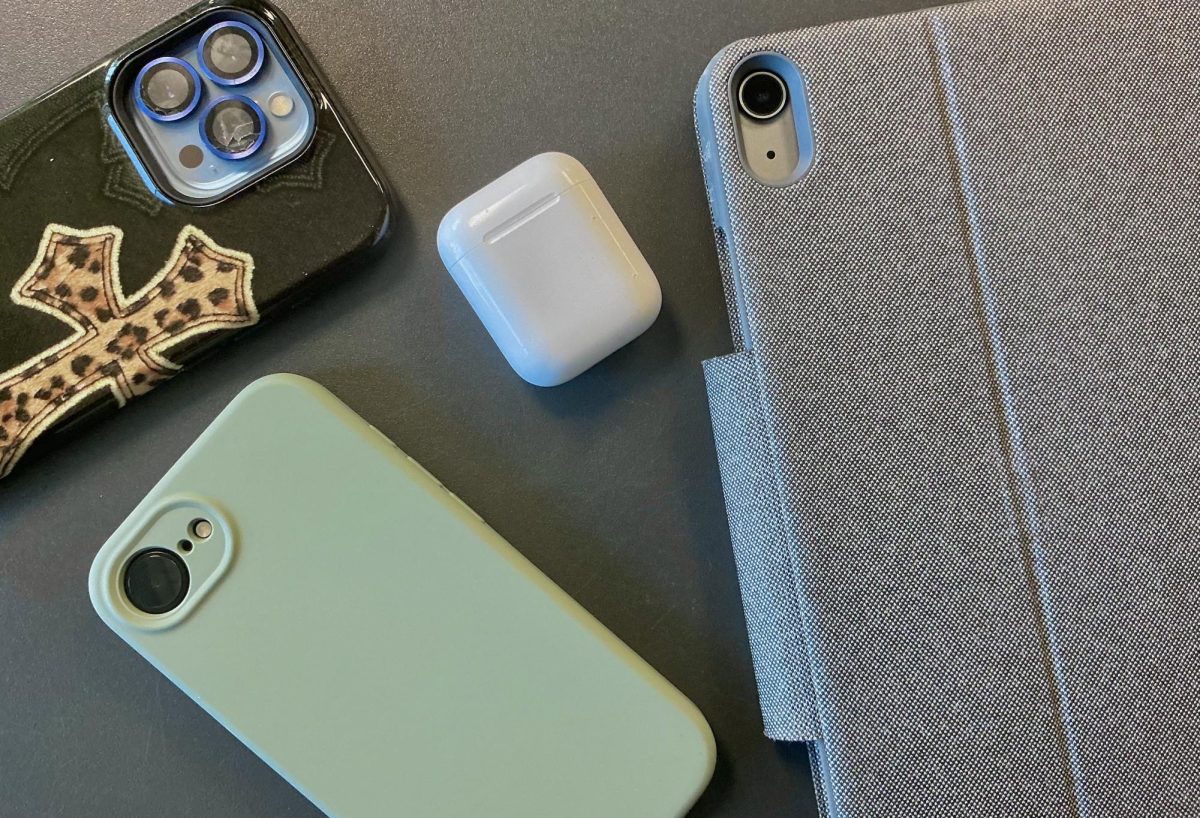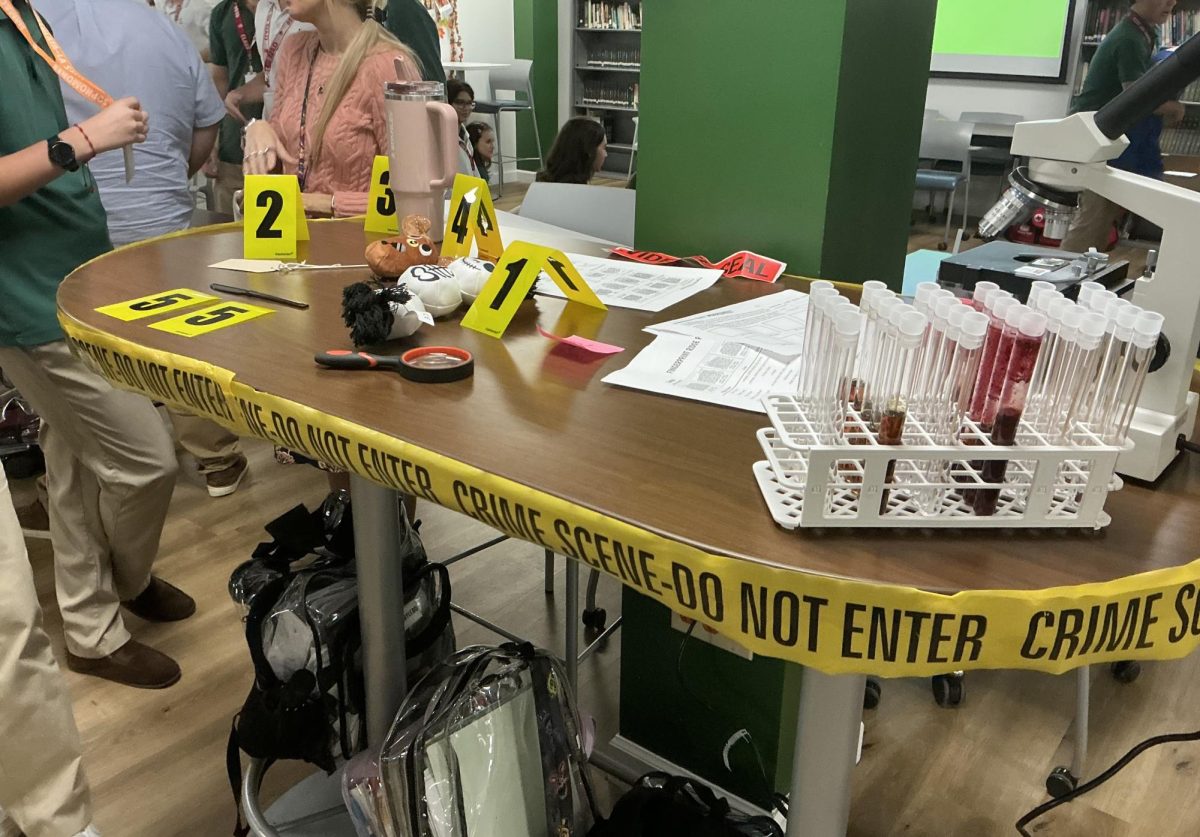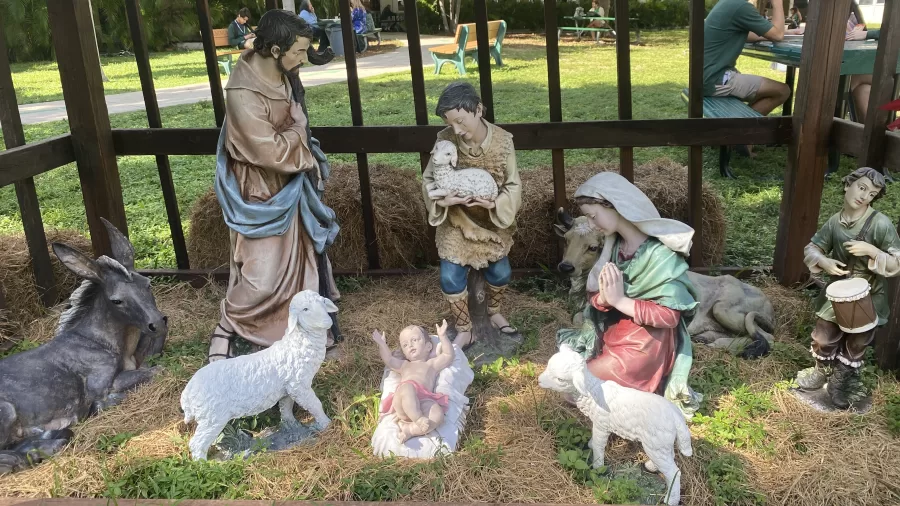Columbus Day is a federal holiday in the United States celebrated each year on the second Monday of October. This year, Columbus Day is celebrated on October 9th. Since 1937, when President Franklin D. Roosevelt issued a proclamation making Columbus Day a national holiday after lobbying by the Knights of Columbus and New York City Italian leader Generoso Pope on behalf of Italian-Americans who saw the day as a celebration of their heritage, it has been an opportunity to honor the anniversary of Christopher Columbus discovering the Americas after sailing the ocean blue on his three ships: the Nina, Pinta and Santa Maria.
However, unlike what is taught in schools across the country, this is not completely true. While what Columbus did did open new trade routes between Europe and the Americas, and helped Europe move towards a capitalist economy, most scholars agree that European Vikings had gone to America centuries before Columbus, and there is evidence, although disputed, that nomadic Asian tribes discovered America around 15,000 years ago. Another thing that isn’t taught in many schools is the violent treatment that Columbus gave to the Native Americans. Columbus and his crew enslaved indigenous people, whom he called “Indians,” and treated them in brutal ways. He sent dozens to Spain where they would be sold. Many died during the trip or shortly after arrival. Columbus and his men also brought diseases, including measles, influenza, and smallpox, which devastated the natives. Historians believe that European contact led to the deaths of 90% of the native population.
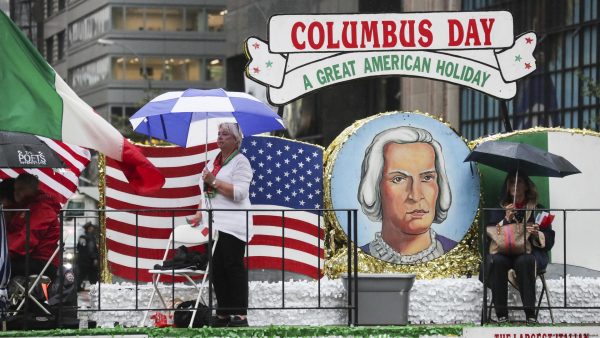
Because of the truth about Columbus and what he actually did, dedicating a day to celebrate the man has become very controversial. People claim that celebrating Columbus is downplaying his true impact on Native Americans and providing a clean version of the story that is not accurate.
“Columbus was a lost explorer who stumbled into this part of the world and brought famine, colonization, the deaths of millions of indigenous peoples,” said Nick Tilsen, President and CEO of the NDN Collective, an indigenous-led advocacy group, in an interview with PBS News.
“For this country to celebrate that history is absolutely disrespectful.”
Others believe that the day is a celebration of Italian heritage. Christopher Columbus himself was from the Italian seaport of Genoa. The first time Columbus Day was ever celebrated in the United States was when President Benjamin Harrison recognized the day to address the killing of 11 Italian-Americans. During this time, Italian-Americans faced harsh discrimination and violence against themselves. The day, for some, has become a way to celebrate what Italians have done for the United States.
“It serves as a unifying factor in our community,” said Basil M. Russo, the national president of the Order Italian Sons and Daughters of America in a 2018 interview. Because of the controversy, some people believe that the day should be changed entirely.
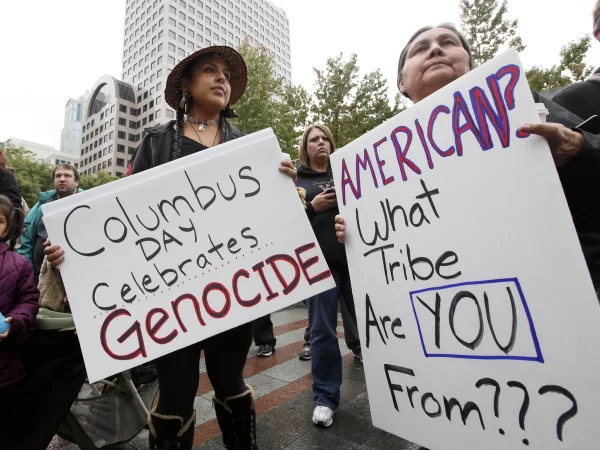
Indigenous Peoples Day, first celebrated by the state of North Dakota in 1990, has become a sort of replacement for Columbus Day, while also being a protest against the day itself. It is an occasion for some people to consider the true history of the United States and its treatment of native people.
David Weeden, tribal historic preservation officer for the Mashpee Wampanoag Tribe, in an interview with CNN, said, “It’s a time to reflect on all that we’ve been through as a people: How much we endured, how much we’ve preserved and how much we still have to continue to fight for – for ourselves, for generations before us and for generations that will come after us.”
In 2021, President Joe Biden became the first president to proclaim Indigenous Peoples Day as a holiday.
“On Indigenous Peoples’ Day, our nation celebrates the invaluable contributions and resilience of Indigenous peoples, recognizes their inherent sovereignty, and commits to honoring the Federal Government’s trust and treaty obligations to Tribal Nations.”
States that officially celebrate the holiday include Alabama, Alaska, Hawaii, Maine, Nebraska, New Mexico, Oklahoma, Oregon, South Dakota, and Vermont. On top of that, 200 cities have also replaced Columbus Day with Indigenous Peoples Day.
With this in mind, it is important for every American to take a look at and reevaluate the legacy of Christopher Columbus.


